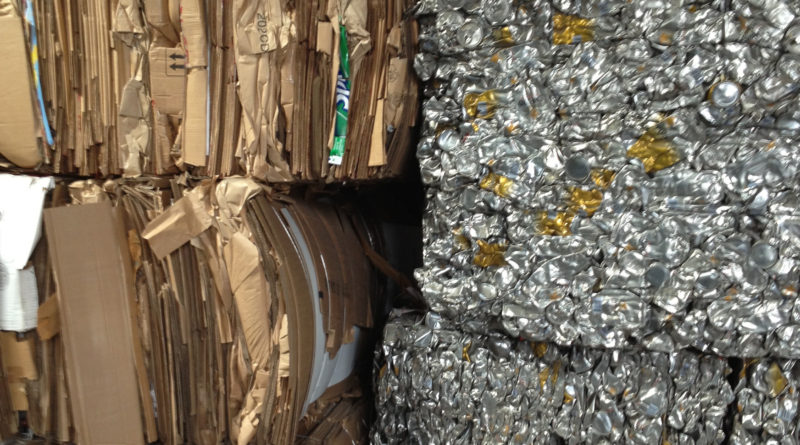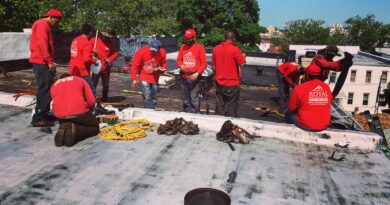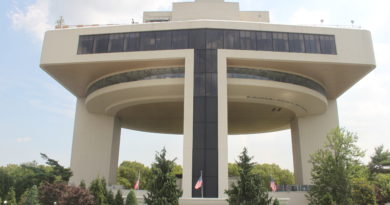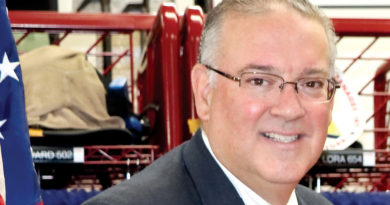IS YOUR BUSINESS FOLLOWING NEW RECYCLING LAWS?
BY MAYA SHENKMAN
The City of New York, under its OneNYC sustainability initiative, has pledged a commitment to divert waste towards its Zero Waste Plan 2030.
New York City businesses generate approximately four million tons of trash per year. Only about 25 percent of that is currently recycled. A hotel or large office building can generate three tons of waste per day, depending on the type and size of facility. Fifty to 80 percent of that waste can be recycled.
The city also sends 1.5 million tons of food waste to landfill every year, producing methane emissions, a greenhouse gas 25 times more potent than carbon dioxide.
Removing organic material from landfills not only benefits the atmosphere, it also presents an opportunity to harness its positive value as a potential clean energy source.
Recycling has been the law in New York City for over 20 years, however, this recent initiative expands on the previous requirements and includes a new enforcement component.
Properties of all sizes are now required to install and maintain recycling systems in front and back of the house and in all departments. Waste holding areas, equipment, permits and signage must be up to code and correctly installed.
Hotels operating over 150 rooms and food-and-beverage outlets of any scale are also required to comply with the new business organics rules and separate and recycle food waste.
AT A GLANCE
As of August 1, 2016, establishments are regularly visited and audited by both Sanitation (DSNY) and Health department inspectors, and subject to violations if programs are not installed correctly or systems for waste removal are not compliant with city regulations.
Since July 19, 2016, food establishments, hotels and arenas have been required to source separate food waste for removal by a licensed carter.
As of August 15, 2018, DSNY is expanding the current commercial organics program to include a wider range of city businesses now including:
• Food service establishments with a floor area of at least 15,000 square feet.
• Food service establishments that are part of a chain of 100 or more locations.
• Food manufacturers and stores with a floor area of at least 25,000 square feet.
• All properties and food service establishments in hotels with 150 or more rooms
• Arenas and stadiums with a seating capacity of at least 15,000 people
• Food wholesalers with a floor area of at least 20,000 square feet.
Separated correctly, recyclables are diligently collected, transported and processed by the waste hauling industry. Materials are separated by type and grade and shipped to manufacturers, closing the loop on our recycling efforts.
In addition to reducing waste and implementing the required regulations, a waste hauler can save money on waste removal and help increase employee and customer satisfaction. It is also key also enhancing the company’s image.
To make your program a success follow this guideline:
• Conduct a complete audit of all spaces within your company footprint.
• Create a property-wide plan including all waste generating areas, transport procedures and waste holding areas.
• Train and keep employees informed.
• Monitor and adjust procedures consistently.
• Track progress and participation.
• Fine-tune waste management service, equipment and operations.
• Evaluate removal systems and costs.
• Pinpoint areas with success and those in need of improvement.
It’s time to cut the waste and increase recycling.
 Maya Shenkman is president of Box & Bottle NYC. Contact her at Maya@boxandbottlenyc.com and learn more at BoxandBottleNYC.com.
Maya Shenkman is president of Box & Bottle NYC. Contact her at Maya@boxandbottlenyc.com and learn more at BoxandBottleNYC.com.




